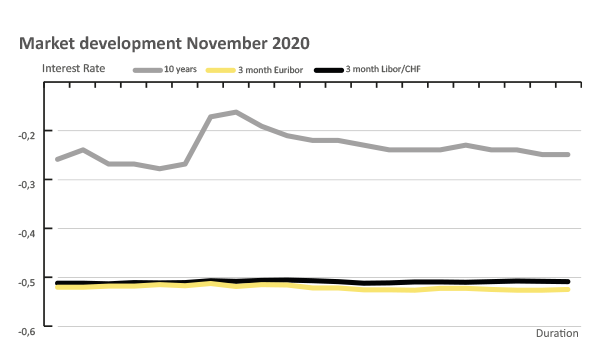Loading content …
08 December 2020
A Vicious Circle of Shoddy Solutions
The regulatory carousel on Berlin’s housing market keeps going round and round. While Berlin’s Senate is in all seriousness pondering expropriations, demands for additional regulations are already being raised, such as the binding obligation to set aside maintenance reserves. In a parallel effort, the so-called condominium conversion freeze is working its way through parliamentary procedure and could be enacted as early as January 2021.
Anyone planning a condominium conversion had better act now.
As the year draws to a close, the news from Berlin does not bode well for the housing market. The condominium conversion freeze was originally part of the draft bill for the new Federal Building Code (BauGB), but was taken out after the Christian Democrat parliamentary group complained, only to be re-introduced into the cabinet draft bill after objections from the Social Democrat members of the German Government. The planned condominium conversion ban is intended as a measure limited to five years and to areas with strained housing markets. According to the latest plans of the Federal Government, the law is to come into force before the end of January. However, it is probably a good idea not to count on the repeal of the condominium conversion freeze after five years. If you are considering the option to convert rental flats into condominiums, you better hurry.
Meanwhile, the second stage of the rent cap has become effective in Berlin. It stipulates that even rents on unexpired leases need to be lowered if they exceed the ceilings set by the State of Berlin by more than 20 percent. This does not require any check whether a given tenant is in a precarious financial situation. Once again, the Federal Constitutional Court has denied an urgent motion to suspend the rent cap.
Outlook
Sparring over the best solution and hunting for a compromise are not necessarily a bad thing in a democracy. Sadly, however, the solutions implemented on the housing market over the past years have not sought to improve its functionality but are successively trying to dismantle it. The main issue with the multiple market interventions—through local reference rent, rent increase cap, rent freeze, etc.—is that they fail to consider whether or not a given tenant is actually in need. As a result, the measures also benefit people who could well do without. Conversely, they are too modest to make an actual difference for those who truly need help. Moreover, the relief efforts come without any incentives for expanding supply. The solutions are therefore neither socially sensitive nor sensible in market-economy terms. Worse yet, you cannot permanently fix a market price, because providers will simply side-step that market. That is why a shoddy solution out of touch with the market will prompt ever new regulatory fixes. It turns property ownership into an obligation to let while leaving less and less freedom to decision-making. Vacancy is already considered an inadmissible form of misuse. So far, the freely priced portion of new-build houses has been largely exempt from regulations. But one should probably not assume that this will always be the case.
Germany used to have the most functional tenant market in the world. It achieved this status by taking a balanced view of the rights of both tenants and landlords and because the emphasis used to be specifically on private letting rather than state-run solutions. These principles are incrementally jettisoned. We are less than optimistic that the next government coalition, which is expected to consist of Christian Democrats and Greens, will do anything to change this. When pondering their options, investors and developers are therefore well advised to take a harder-than-usual look at the political risks involved.

Disclaimer:
The article reflect the opinion of the authors. Nevertheless, the provider and authors assume no liability for the accuracy, completeness and timeliness of the information provided. In particular, the information is of a general nature and does not constitute legally binding advice.
Publisher

Francesco Fedele Prof Steffen Sebastian
Prof Steffen Sebastian
Holder of the Chair of Real Estate Finance
at IREBS, University Regensburg
Francesco Fedele
CEO, BF.direkt AG

